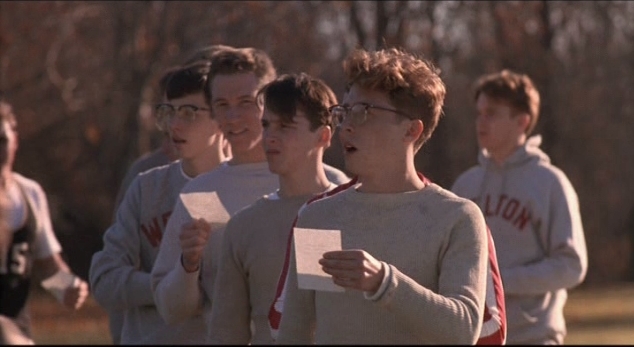There is no going back, not even if we wanted to (which we don’t). That’s the first rule of history. We would not want the above remarks to suggest the possibility of romantic return to a pre-history that was certainly oppressive and ugly enough as it was. But knowledge of these folk traditions does help to denaturalize our sense of what poetry is, and gives us, as a result, a much better sense of the possibilities for patterned language under entirely different social conditions. What would happen to poetry in a society in which there was a fundamental equality of opportunity and equality of access to the means of cultural expression? Poetry would no longer be a restricted domain, accessible to the few, to those with the resources, or the good fortune, to find their way to the Parnassian foothills. The equalization of access – of free time, essentially - would have profound and far-reaching effects, we think, on the social status of aesthetic activity, which would instantly become the possession of the many, rather than the few, even if there were no generalization of inclination or talent. In a situation where there are as many writers as there are readers, collaborative, iterative and collective production of text seems as if it would present the more logical choice. Let’s imagine, too, a human community in which what one took from or gave to the social store was entirely voluntary and regulated by nothing so much as one’s sense of belonging to a community. In this situation, one would likely no longer experience the social field as a regulative and even violent force that stood over and against one’s individual freedom, but as the fundamental precondition of such freedom. Likewise, the individual would no longer appear as a variation played upon a general type – man, woman, poet, carpenter, whatever. Rather, each individual would present as absolute singularity, as specificity belonging to no general category, a unique actualization of social possibilities; any conjunction of individuals would likewise be unique. There would be no need to seek out distinction by way of difference as happens in capitalist society, since distinction and singularity would be the given of social life. The quest for recognition that animates so much poetry would be meaningless. If we imagine poetry surviving in such a set-up – but not poets or poems – it’s because poetry is likely to emerge as the creation of these unique conjunctions of singular individuals, under conditions where social interactions are animated by collaboration and cooperation rather than competition. The mode of address of poetry would likely be radically different as well, since the distinction between public and private spheres, bound up as it is with the distinction between free and unfree activity, will have disappeared. Poetry might become both more intimate and more social all at once.
Read More | "Self-Abolition of the Poet (Part 2)" | (Part 1) | Jasper Bernes, Joshua Clover, Juliana Spahr | Jacket2
